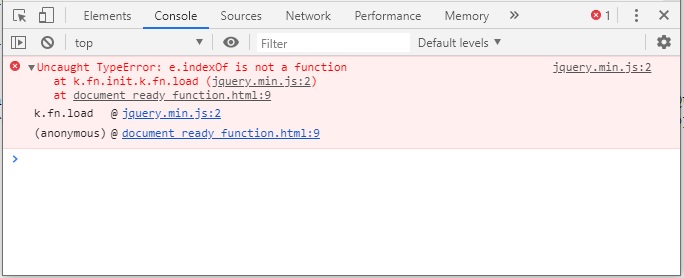Introduction: Why PHP Output Functions Matter
When working with PHP, one of the first things you’ll need to do is display output—whether it's text, HTML, or variable values. That’s where echo and print come in.
Both are language constructs used to output data to the browser, but they have subtle differences that can affect performance, readability, and how you write your code.
In this article, you’ll learn:
-
How
echoandprintwork -
Key differences between them
-
Which to use in specific situations
-
Common mistakes to avoid
Let’s dive in!
PHP echo: The Fast, Flexible Output Tool
What is echo in PHP?
echo is a language construct used to output one or more strings. It is faster than print and does not return a value.
✅ Syntax
echo "Hello, world!";
You can also output multiple values using commas:
echo "Hello", " ", "world!";
✅ Example with Variables
$name = "Alice";
echo "Welcome, ", $name, "!"; // Outputs: Welcome, Alice!
PHP print: The Return-Value Output Construct
What is print in PHP?
print is another language construct similar to echo, but it returns 1, so it can be used in expressions.
✅ Syntax
print "Hello, world!";
Unlike echo, print cannot output multiple values with commas.
✅ Example with Return
$status = print "Printing this line.";
echo "\nReturn value of print: " . $status; // Outputs: Printing this line. Return value of print: 1
Comparison Table: echo vs print
| Feature | echo |
print |
|---|---|---|
| Type | Language construct | Language construct |
| Returns Value | ❌ No | ✅ Yes (returns 1) |
| Performance | ✅ Slightly faster | ❌ Slightly slower |
| Multiple Args | ✅ Yes (with commas) | ❌ No |
| Use in Expressions | ❌ No | ✅ Yes |
✅ Complete Functional Code Example
<?php
// Using echo
$name = "John";
$age = 28;
echo "Name: ", $name, "\n";
echo "Age: " . $age . "\n";
// Using print
print "Using print to display this line.\n";
$result = print "Another line using print.\n";
echo "Return value of print: " . $result . "\n";
?>
Output:
Name: John
Age: 28
Using print to display this line.
Another line using print.
Return value of print: 1
⚠️ Tips & Common Pitfalls
✅ Tips
-
Use
echofor faster performance and multiple outputs. -
Use
printif you need the return value, such as in conditional expressions. -
Combine
echowith HTML for templating or UI rendering.
❌ Common Pitfalls
-
Don’t use commas with
print:print "Hello", "World"; // ❌ Error -
Don’t add parentheses like a function unless needed:
echo("Hi!"); // ✅ Works, but not required
Conclusion & Best Practices
While both echo and print are valid tools for output in PHP, choosing the right one depends on your needs and coding style.
Best Practices
-
Prefer
echofor general output and better performance. -
Use
printwhen a return value is necessary. -
Be consistent in your usage for better readability.
Pro Tip: If you're building a templating system or debugging, mixing echo with HTML can be an efficient way to output structured content.


